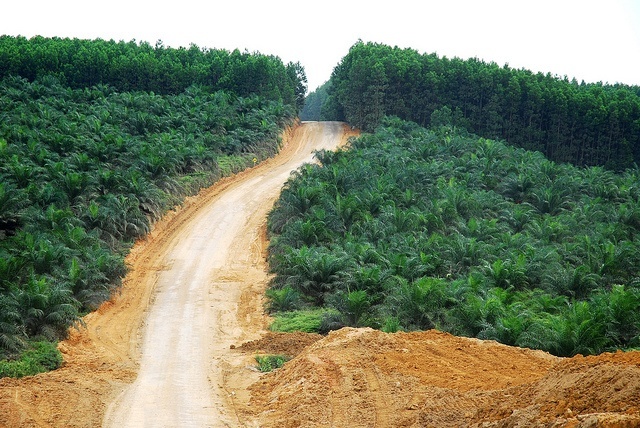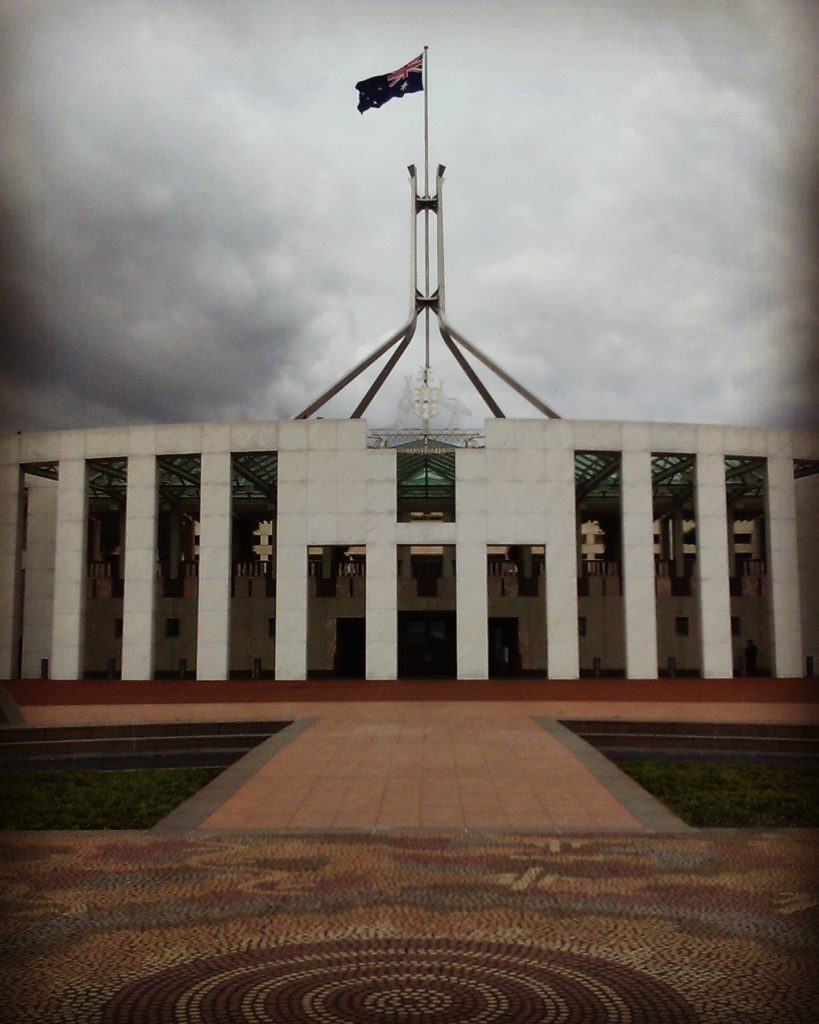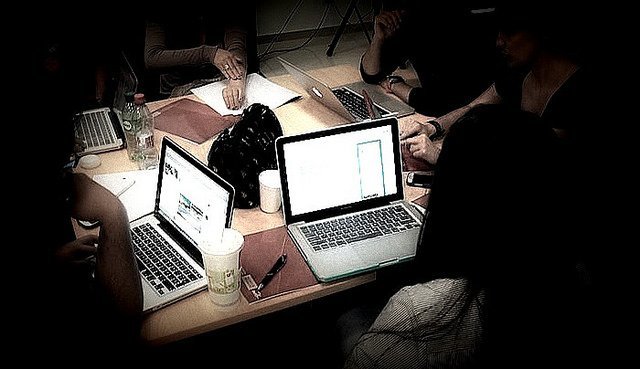News and resources
Explore our publications on a wide range of topics, to find the powerful facts, stories and approaches that underpin our work to make the extractive industry more open, accountable and participatory.
Taking the environment into account
Today is World Environment Day, a day observed every year on June 5 to raise global awareness to take positive environmental action to protect nature and the planet. There is an increasing demand for more information on the environmental impacts linked to extractive activities in order to assess their real costs, inform the debate and […]
Shell reports 2015 payments to governments using open data
In April 2016 Royal Dutch Shell became the first United Kingdom-incorporated oil, gas or mining company to submit its report to the UK company registrar Companies House under the UK’s 2014 Reports on Payments to Governments Regulations (as amended 2015). Shell’s report discloses details of payments made in 2015 to government bodies in 24 countries […]
Australia to move ahead with implementation of the EITI standard
Since becoming PWYP Australia’s National Coordinator almost a year ago, I have been frequently been asked ‘What on earth is happening in Australia?’ It’s a fair question for many of my overseas colleagues; in fact it’s a question that has been echoed by many Australians. In just five years we’ve had four Prime Ministers, numerous […]
The Panama Papers: Zimbabwe must not waste this opportunity
Zimbabwe, like many other mineral rich developing countries, isn’t seeing many benefits from the extraction of its mineral wealth. In fact, in 2015, Zimbabwe lost $500 million according to the Reserve Bank of Zimbabwe (RBZ). Moreover, Africa is losing as much as $50 billion per annum to illicit financial flows. These dramatic numbers show that […]
London Summit marks progress on extractives trading transparency
Leaders and politicians from more than 40 countries, as well as business people and NGOs, joined UK Prime Minister David Cameron in London today for the Anti-Corruption Summit. Leaders included Nigerian President Buhari, Afghan President Ashraf Ghani and Norwegian Prime Minister Erna Solberg. Their goal was to discuss and agree ways to jointly expose and […]
The London Anti-Corruption Summit: a key opportunity for extractives trading transparency
Government leaders gather in London this week to attend UK Prime Minster David Cameron’s Anti-Corruption Summit. Publish What You Pay and the Natural Resource Governance Institute (NRGI) are calling on the UK and other participating governments to ensure that the Summit addresses one of the largest remaining areas of corruption risk in oil, gas and […]
Digging Deeper into the Panama Papers in Indonesia
The Panama Papers, with their revelation of 140 world politicians having offshore companies in 21 tax havens, have caused an uproar in Indonesia as they have exposed a number of influential people from Indonesia. The Panama Papers are a set of 11.5 million secret document obtained from the leak of Mossack Fonseca’s communication server. The […]
Australian Government commits to implementation of the Extractives Industry Transparency Initiative (EITI)
Publish What You Pay (PWYP) Australia welcomes the announcement by the Australian Government to implement the Extractives Industry Transparency Initiative (EITI). “This announcement sees Australia take a positive and long overdue step to addressing transparency in the extractives sector” said PWYP National Coordinator, Jessie Cato. “PWYP Australia believes disclosure of payments made to governments is […]
Azerbaijan: Civic space in focus as country is listed as ‘inactive’ by OGP
Publish What You Pay (PWYP), ARTICLE 19 and CIVICUS welcome yesterday’s unprecedented decision by the Steering Committee of the Open Government Partnership (OGP) to list Azerbaijan as ‘inactive’. Through this decision, the OGP – a voluntary initiative promoting government transparency and accountability – reaffirms how vital civil society is for an open government and the […]
Press freedom violations threaten transparency in extractive sector
Today, 3 May, is World Press Freedom Day, a day set by the United Nations to highlight the important role of the press and journalists worldwide. “Everyone has the right to freedom of opinion and expression; this right includes freedom to hold opinions without interference and to seek, receive and impart information and ideas through […]
EITI and mining governance in Cameroon: between rhetoric and reality
The Extractive Industries Transparency Initiative (EITI) standard among other things prescribes reporting of sub national revenue transfers and social expenditures of extractive companies in conciliation reports. This study is based on the findings of research conducted by RELUFA on sub national revenue transfers and social expenditures in Cameroon. The exploitation of some natural resources in […]
PWYP and others urge action on oil, gas and minerals trading at London Anti-Corruption Summit
PWYP, NRGI, Global Witness, Christian Aid, the Global Organization of Parliamentarians Against Corruption (GOPAC), the UNCAC Coalition, SwissAid, Berne Declaration and others have written to UK Prime Minister David Cameron. We are urging him to ensure that the 12 May Anti-Corruption Summit in London addresses one of the major remaining areas of opacity and corruption […]















